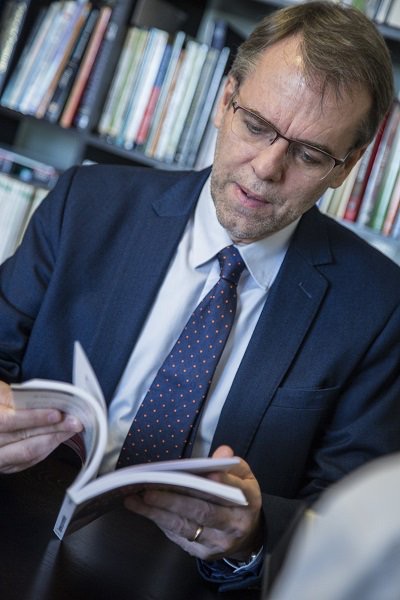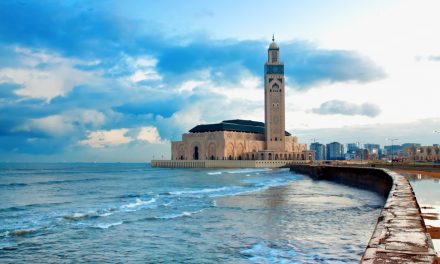“A State with a concise and effective legal and regulatory burden can be more competitive and better serve the needs of its citizens”
Oriol Amat, full academician of the Royal European Academy of Doctors-Barcelona 1914 (RAED) and president of the Catalan Association of Accounting and Management, argues in an article published by the newspaper El Punt-Avui on September 23 how a country with a concise and effective legal and regulatory burden can be more competitive and better meet the needs of your citizenship than those in which legal and administrative pressure is a heavy burden.

Dr. Oriol Amat Salas
“Among the pillars of competitiveness, the Global Economic Forum emphasizes institutional quality, which considers aspects such as the legal framework, efficiency, bureaucracy or honesty of institutions. And this is precisely the point where Spain appears to be worst evaluated. It’s ranked 55th out of 138 countries, behind others such as Bhutan, Botswana, The Gambia or Jordan”, analyzes the academician. “Regarding institutional quality -he continues-, Spain is poorly evaluated in key aspects such as excess of bureaucracy (113 of 138 countries), inefficiency of public spending (106), favoritism in government decisions (68), ethical behavior (72), judicial independence (65) or judicial inefficiency (65)”.
Professor at Pompeu Fabra University and director of the Master in Financial Management at the Barcelona School of Management, Amat sets the example of countries like Finland, Denmark or New Zealand as a paradigm of what could be an independent Catalonia that follows a social model and little regulator. And for this, he points out a line of action that facilitates the competitiveness and democratizes the institutions taking as an example the best international practices.
“According to the World Bank, 13 procedures, which take 205 days to complete and incur an additional cost of 5% of the total cost of construction, are required to obtain a works permit in Spain. In Denmark, however, seven paperwork, which takes place in 64 days and its cost is 1.8% of the work”, he said as an example. In addition, the fight against corruption and fraud must be a priority in this new model.





